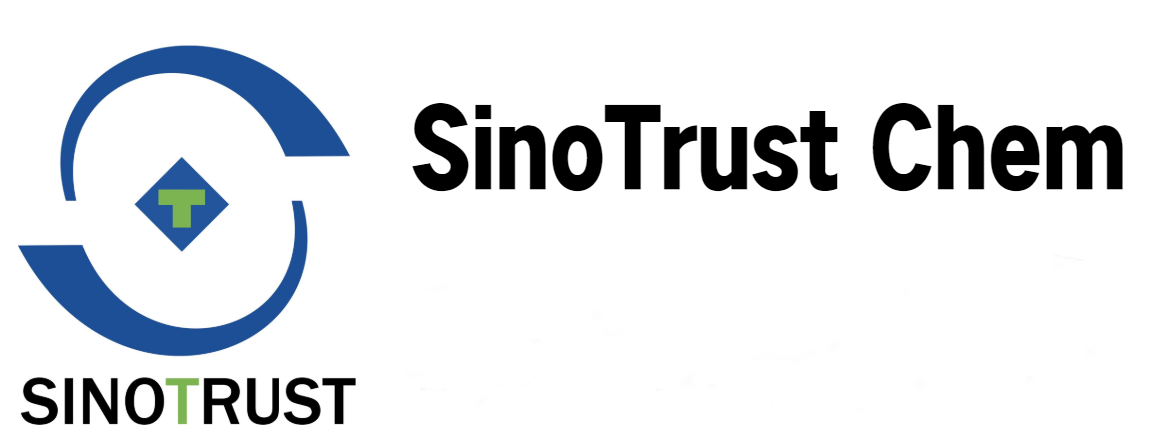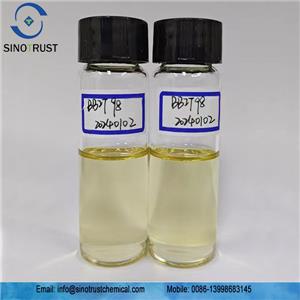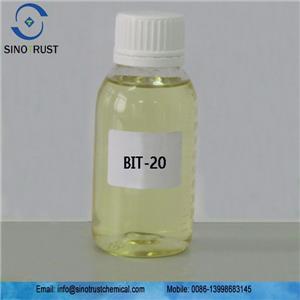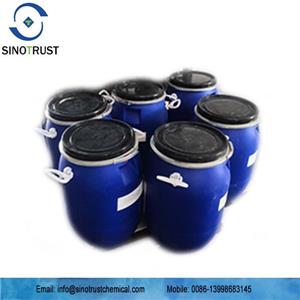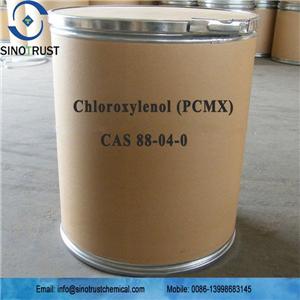The principle of preservatives
The role of antiseptic products: substances that inhibit the growth and reproduction of microorganisms are called antiseptic products. Fungicides are substances that destroy and kill microorganisms. Preservative products have bactericidal effect on microbial propagules, buds cannot develop into vegetative bodies and gradually die.
Different preservative products have different mechanisms of action. For example, alcohol can denature the protein of pathogenic microorganisms; benzoic acid and p-hydroxybenzoic acid can combine with the enzyme system of pathogenic microorganisms to affect and block their metabolic processes; cationic surfactants have the effect of reducing surface tension and increasing cell membranes. Permeability leads to rupture and dissolution of cell membranes.
The anti-corrosion principles of anti-corrosion products are roughly as follows:
1) Preservative products are an enzyme system, which interferes with microorganisms, disrupts the normal metabolism of preservative products, and inhibits the activity of enzymes.
2) Preservative products are proteins that coagulate and denature microorganisms and interfere with their survival and reproduction.
3) Preservative products change the permeability of plasma cells, inhibit the elimination of enzymes and metabolites in the body, and cause the inactivation of preservative products.
